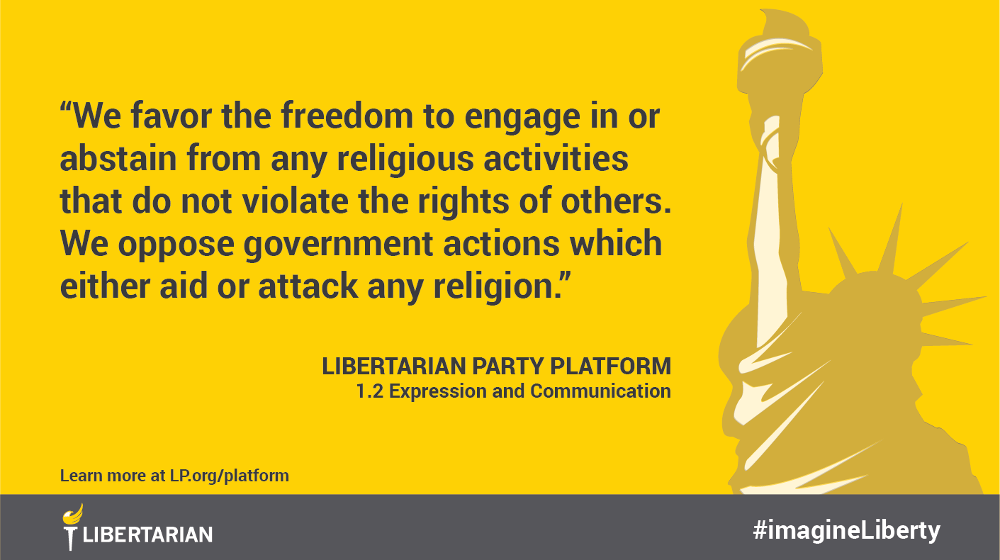Many people who aspire to government power are motivated by their own idealistic view of how the world should work. The Communist Party in China holds “socialism with Chinese characteristics” as its ideal. This generally excludes religious belief, which it views as antithetical to Communist Party allegiance, so the Chinese government has often cracked down on religious communities over the years — most recently, persecuting the Muslim farmers in southern Xinjiang.
The Xinjiang Uyghur Autonomous Region in the northwest corner of China is the largest administrative division of China, and the country’s largest producer of natural gas. The southern half of Xinjiang has historically been occupied by Turkish-speaking Muslim farmers called Uyghurs, but the percentage of Han Chinese in the population has increased since 1949 from 6.7 percent to 40 percent.
The Chinese government is now forcefully imposing the secular worldview of the Communist Party on the Uyghurs. It has targeted the Muslim observance of Ramadan by banning fasting and forcing Muslim-owned restaurants to remain open. Long beards and headscarves are now verboten, along with Islamic-sounding names and the religious instruction of children. Several hundred thousand Uyghurs have been sent to “re-education schools” outfitted with watchtowers, razor wire, guard rooms, and surveillance systems, reports the BBC, facilities that are located essentially in the middle of nowhere near the rural town of Dabancheng. Government officials have tried to justify this oppression by conflating Islam with terrorism.
Similar tactics are being employed against Buddhists and Christians, as well. Followers of the Dalai Lama in Tibet are being re-educated by the Chinese government to follow their religion only in ways prescribed by Communist Party officials. And, although there are more than 100 million Christians in China, most of them must hide their worship in underground churches. On Dec. 9, about 100 Christians were arrested in Chengdu for attending a Protestant church that was not sponsored by the Chinese government.
Religious persecution may not be as obvious in the United States, but it still happens here. Five years ago in Arizona, the Phoenix City Council adopted an anti-discrimination ordinance for businesses that offer services to the general public. The law forbids discriminating against customers based on factors that include sexual orientation and gender identity or expression. For the vast majority of businesses and types of service, this causes no issue. Clashes arise, however, when some business owners find themselves required by law to create messages that violate their religious views.
Joanna Duka and Brianna Koski, the owners of Brush & Nib Studio, risk six months in prison and a $2,500 fine each day they refuse to comply with the Phoenix law requiring them to create custom-made invitations for same-sex weddings. Duka and Koski are more than happy to sell pre-made invitations to everyone, regardless of sexual orientation. They are unwilling to violate their own religious beliefs, however, by creating custom invitations for same-sex weddings.
To avoid the possibility of jail and ruinous fines, Duka and Koski sued the city of Phoenix, arguing that obeying the ordinance would violate their artistic and religious freedom. Despite a 7-2 U.S. Supreme Court ruling in favor of religious freedom in a similar case, Masterpiece Cakeshop v. Colorado Civil Rights Commission, these business owners lost in both the Maricopa County Superior Court and the Arizona Court of Appeals. They have appealed to the Arizona Supreme Court, and the case is slated to be argued there early in 2019.
Religious freedom is an inherent individual right, one that was singled out for special mention in the First Amendment to the U.S. Constitution. The establishment clause, “Congress shall make no law respecting an establishment of religion,” restricts government officials from giving any particular religious views a favored place in American society. The free exercise clause, “or prohibiting the free exercise thereof,” is just as important. That’s the issue at stake in Arizona.
Freedom of religious conscience and freedom of sexual orientation do not inherently conflict. The Libertarian Party has championed gay rights since its founding in 1971, running the first openly gay candidate for president of the United States in 1972 and advocating the legalization of gay marriage in its party platform decades before either Democrats or Republicans would touch the issue at all. Libertarians also champion freedom of association and individual conscience. People should live their lives as they choose without harming others. That includes both the freedom to celebrate or decline to celebrate somebody’s sexual orientation.
Libertarians believe with equal fervor that Muslims, Buddhists, Christians, and other believers in China should all be allowed to practice their faiths and that religious freedom should also be sacrosanct in Arizona. Government should not use coercion to force one group of people to conform with the ideals of another group. Proselytizing for specific religious, moral, philosophical, and ideological viewpoints should always be done through persuasion, not coercion.
There is little we can do about religious persecution in China other than make our views known about the freedom of religious belief and practice. We can, however, look to China as a cautionary example about the dangers of imposing a worldview onto others. We can also urge the justices of the Arizona Supreme Court to uphold the First Amendment — or, failing that, urge the people of Arizona to replace them with justices who will.


